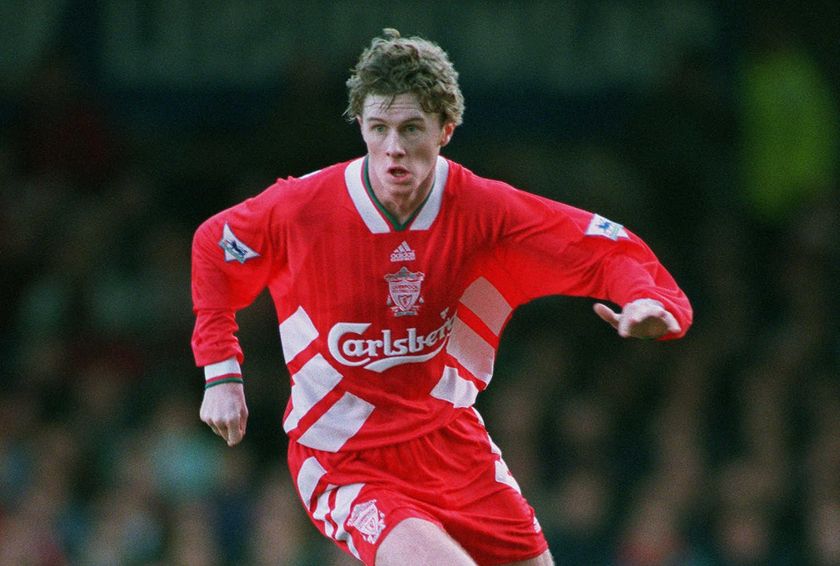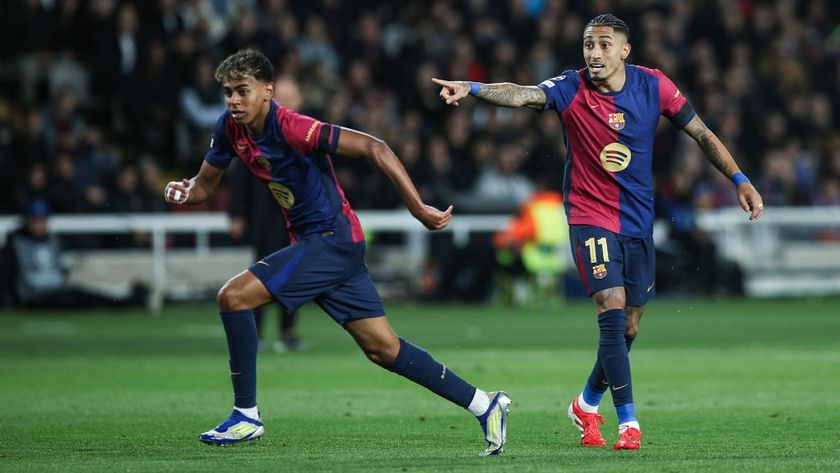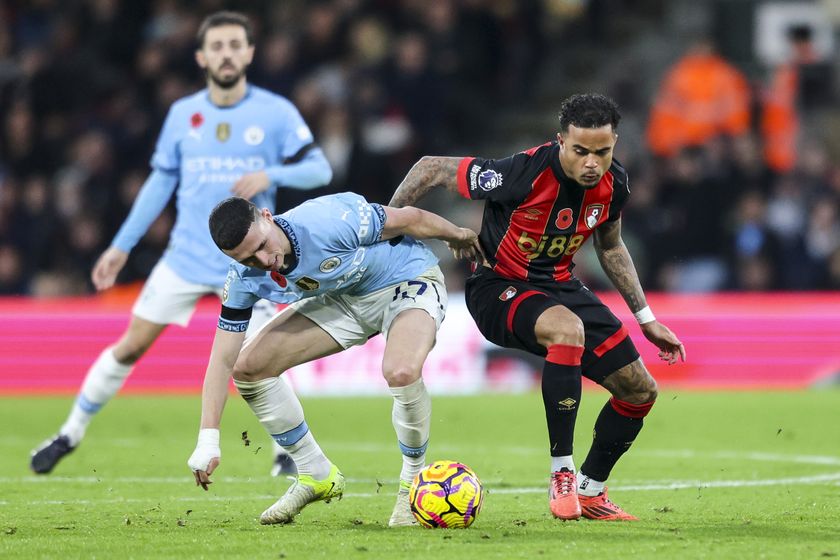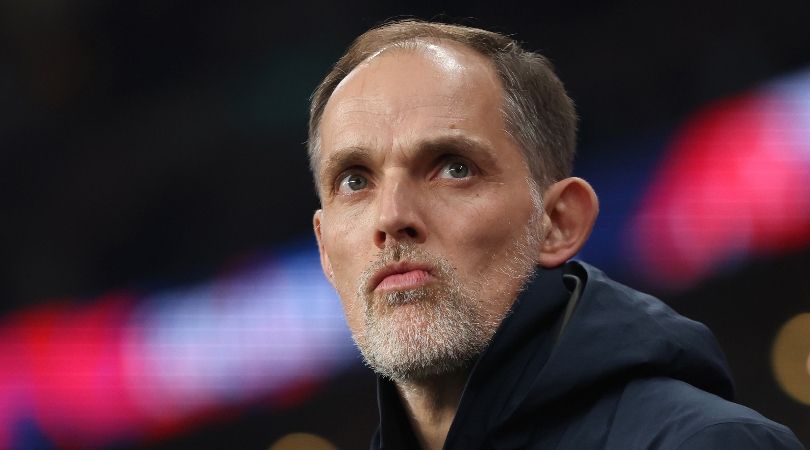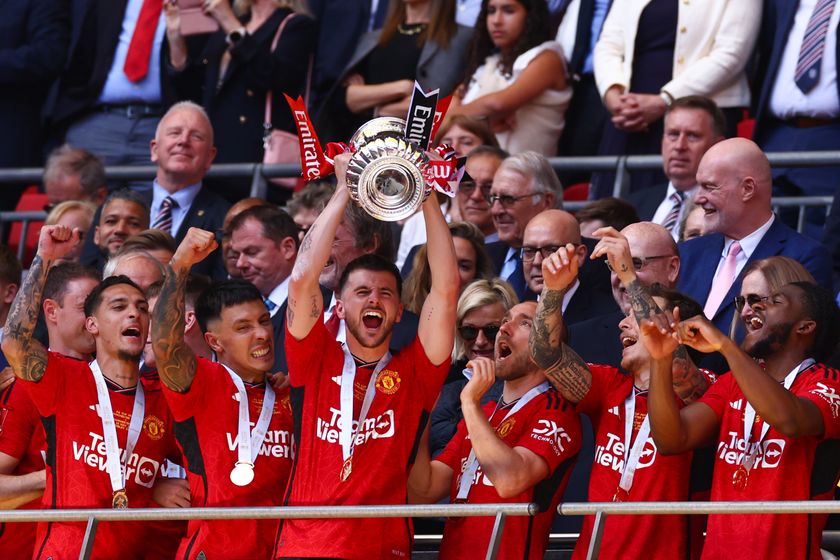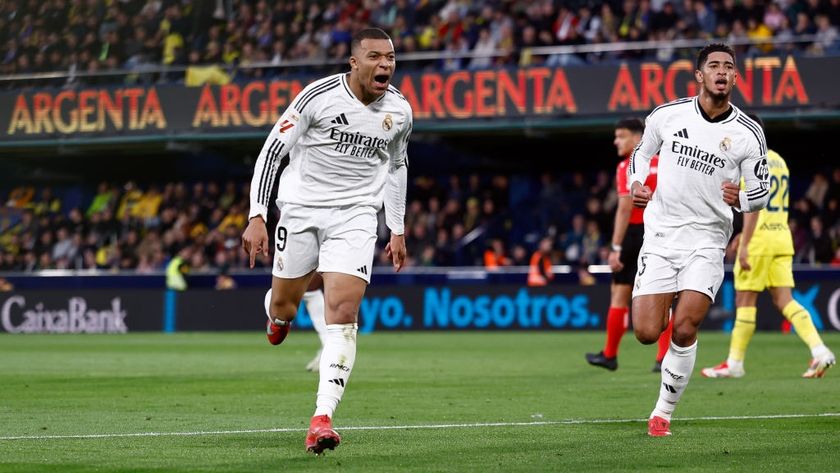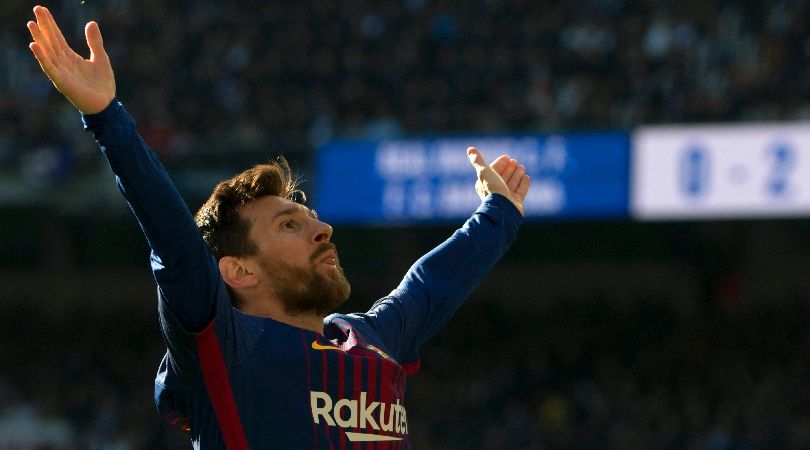Do Arsenal really have the attacking balance to win major trophies?
Armed with Stats Zone, John Robertson took in Arsene Wenger's side's comfortable victory at the Emirates Stadium on Wednesday
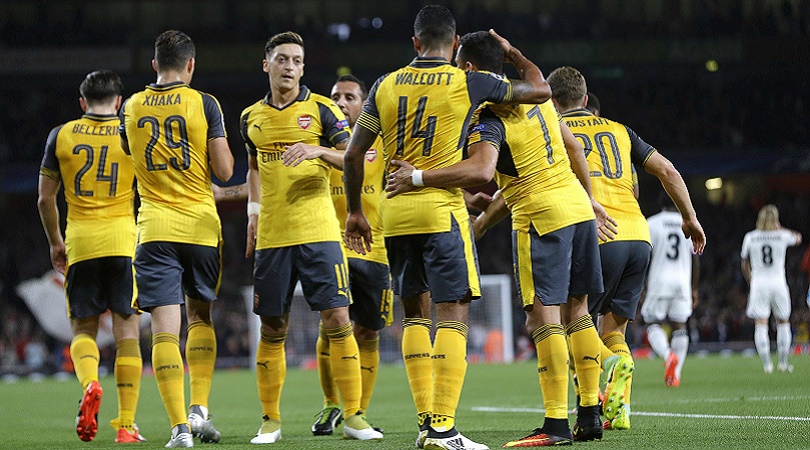
Arsenal’s attacking threat has been steadily increasing this season, with the north Londoners having netted more goals in the Premier League than anyone but Manchester City and Liverpool. They’ve scored nine goals in their last three top-flight outings, with four more added against Nottingham Forest in the EFL Cup and two against Basel in the Champions League this midweek.
Arsenal probably should have scored more on Wednesday, but the offensive patterns they conjured were a continuation of those which caused Hull, Chelsea and Forest so much trouble in recent weeks. If the finishing had been a little more precise, Arsene Wenger’s team could easily have come away from their group stage fixture with six or seven goals to their name.
It seems as though attacking flair will be more decisive than defensive solidity this season, and it will be interesting to see whether Arsenal can keep up their current output.
1. Mesut Ozil playing with greater freedom
Alex Iwobi, Theo Walcott and Alexis Sanchez constantly interchange and drag defenders out of position, thereby opening up gaps for the inventive German to exploit
Ozil's creativity is one of Arsenal's greatest assets, and in the current system he's better able to express himself than he was last term. This is primarily a result of the ceaseless movement of the players ahead of him: Alex Iwobi, Theo Walcott and Alexis Sanchez constantly interchange and drag defenders out of position, thereby opening up gaps for the inventive German to exploit.
Ozil often now finds himself playing on the left-hand side of the pitch, with Iwobi shifting into the centre to compensate. Defenders have struggled to cope with such movement, and Arsenal have been clinical in taking advantage of the consequent confusion. Both Basel and Chelsea encountered serious problems against the duo.

2. Walcott and Bellerin have great partnership
Get FourFourTwo Newsletter
The best features, fun and footballing quizzes, straight to your inbox every week.
This has allowed he and Bellerin to develop a close relationship, with the Spanish full-back always keen to break forward into the final third
While there are more common passing combinations between Arsenal players than Walcott and Hector Bellerin, there are none as decisive and meaningful. Almost every pass between the pair results in a positive outcome – whether that’s gaining ground, pulling a defender out of position or working to intelligently slow down a passing move as team-mates search for space.
Walcott is the Arsenal attacker most likely to stick rigidly to a set position, remaining on the right for the majority of minutes he’s on the pitch. This has allowed him and Bellerin to develop a close relationship, with the Spanish full-back always keen to break forward into the final third. Arsenal's approach on the two flanks is contrasting: whereas Nacho Monreal, Iwobi and Ozil are more fluid on the left, the right side is definitely more structured.

3. Attackers win ball high up the pitch
The Gunners have a frontline which is willing and able to close down defenders high up the pitch in the hope of forcing an error
Not all of Arsenal’s chances emerge from the kind of passing triangles and elegant movement commonly associated with a Wenger team. By deploying the hard-working Sanchez alongside the equally energetic Iwobi and Walcott, the Gunners have a frontline which is willing and able to close down defenders high up the pitch in the hope of forcing an error.
Their doggedness against both Basel and Chelsea was rewarded with many tackles and interceptions in advanced areas, which in turn facilitated an increase in the number of shots taken from dangerous positions, often when the opposition was not set in a defensive shape. It also reduces the pressure on midfielders Santi Cazorla and Granit Xhaka, who would otherwise be expected to constantly trigger passing moves.
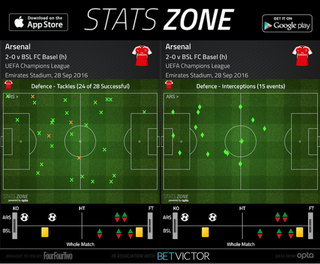
Such a strategy is made possible by the absence of Giroud, with all four of Arsenal's most attacking players possessing the mobility to press opponents quickly. Such diversity of attack will serve Arsenal well, particularly against teams who try to build from the back.
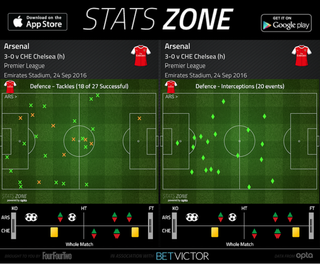
4. Game management is improving
Arsenal were content to retain possession in the middle of the park at the start of the second period, taking the sting out of any potential comeback
Game management has tended not to be one of Arsenal’s strong points over the years: all too often a lead would be gained and then extinguished thanks to some sloppy mistakes or questionable tactics.
On the evidence of the Basel game, though, things are improving. Having gone in at half-time with a two-goal advantage, Arsenal were content to retain possession in the middle of the park at the start of the second period, taking the sting out of any potential comeback. While Basel did create a few chances from corners, they ultimately ran out of steam before the final whistle as they attempted to prise the ball from the hosts.

It was an improvement on Arsenal's display in the second half against Chelsea, when the Gunners gave up possession too easily by playing a number of difficult long balls towards Sanchez and Walcott. If they can see games out like they did against Basel, Arsenal will not let many leads slip this term.
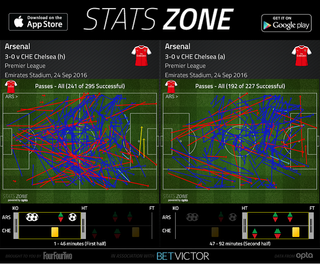
5. Improved accuracy would give fans more confidence
As impressive as Arsenal have been in creating chances over the past few weeks, their finishing often leaves much to be desired. Only five of their 14 shots against Chelsea were on target (35 per cent), while only seven of 19 (36 per cent) required an intervention from Basel goalkeeper Tomas Vaclik on Wednesday.
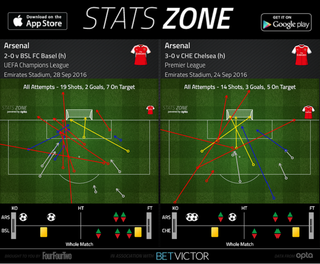
Sanchez and Ozil are playing brilliantly but even they have been guilty of wasting opportunities; while such profligacy hasn't negatively affected the Gunners in recent games, they will have to be more clinical in front of goal in tighter matches.
STATS ZONE Free on iOS • Free on Android
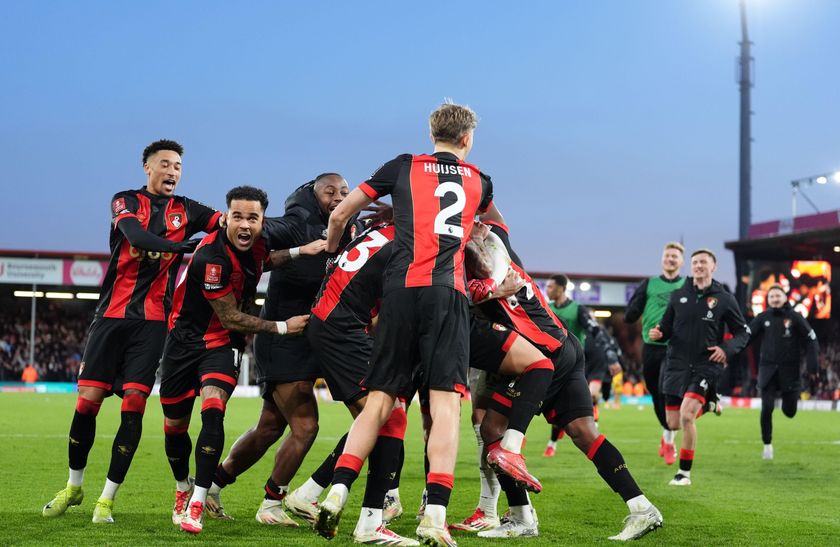
Key stats and facts as Preston welcome Aston Villa and Manchester City travel to Bournemouth in FA Cup quarter-finals

'That Alexander-Arnold spoke more with a goal gesture than he did with any other communication to supporters is one of the reasons his move to Real Madrid isn’t being accepted too kindly on Merseyside': How it got to this stage with Liverpool and Trent

